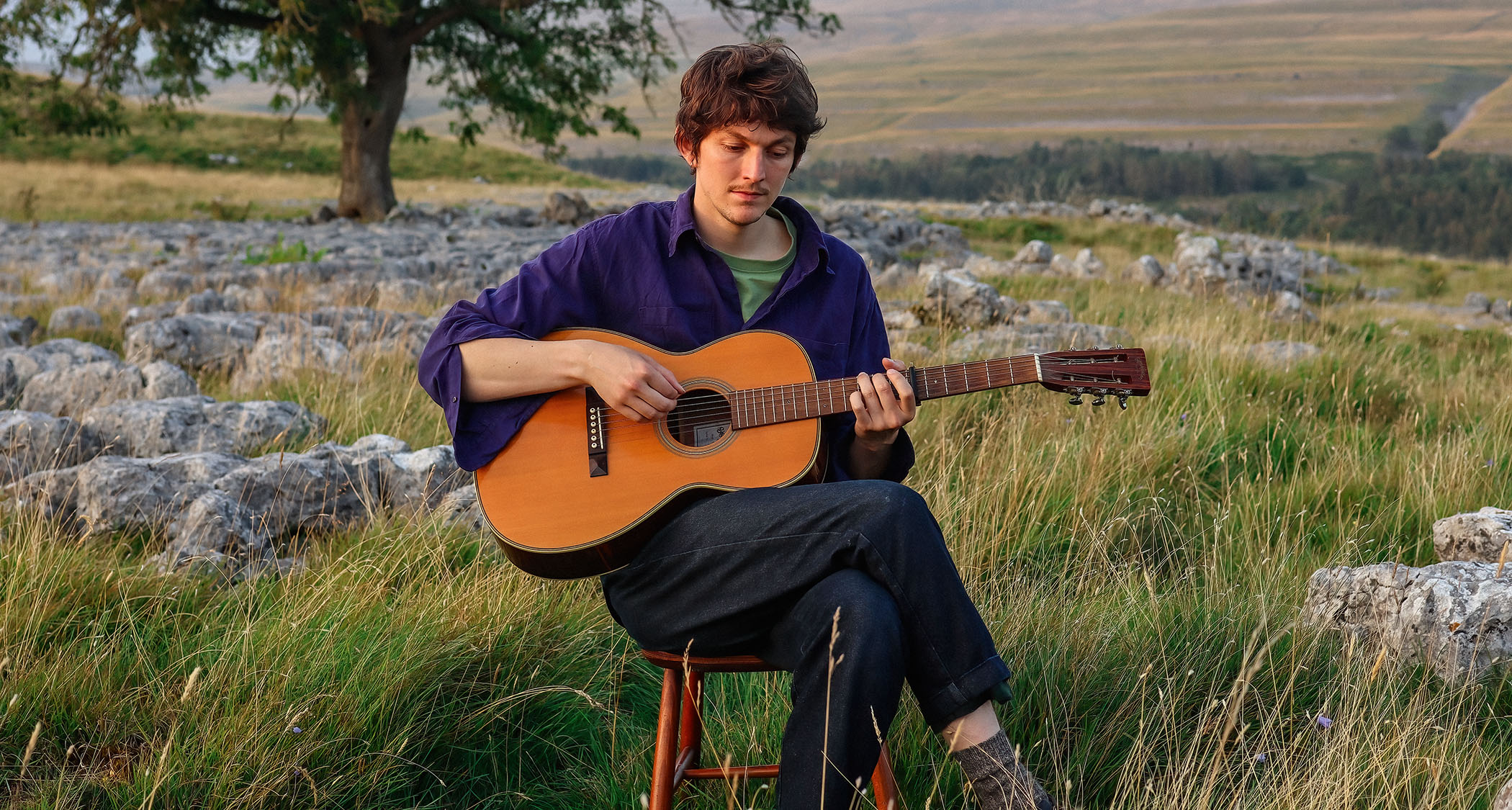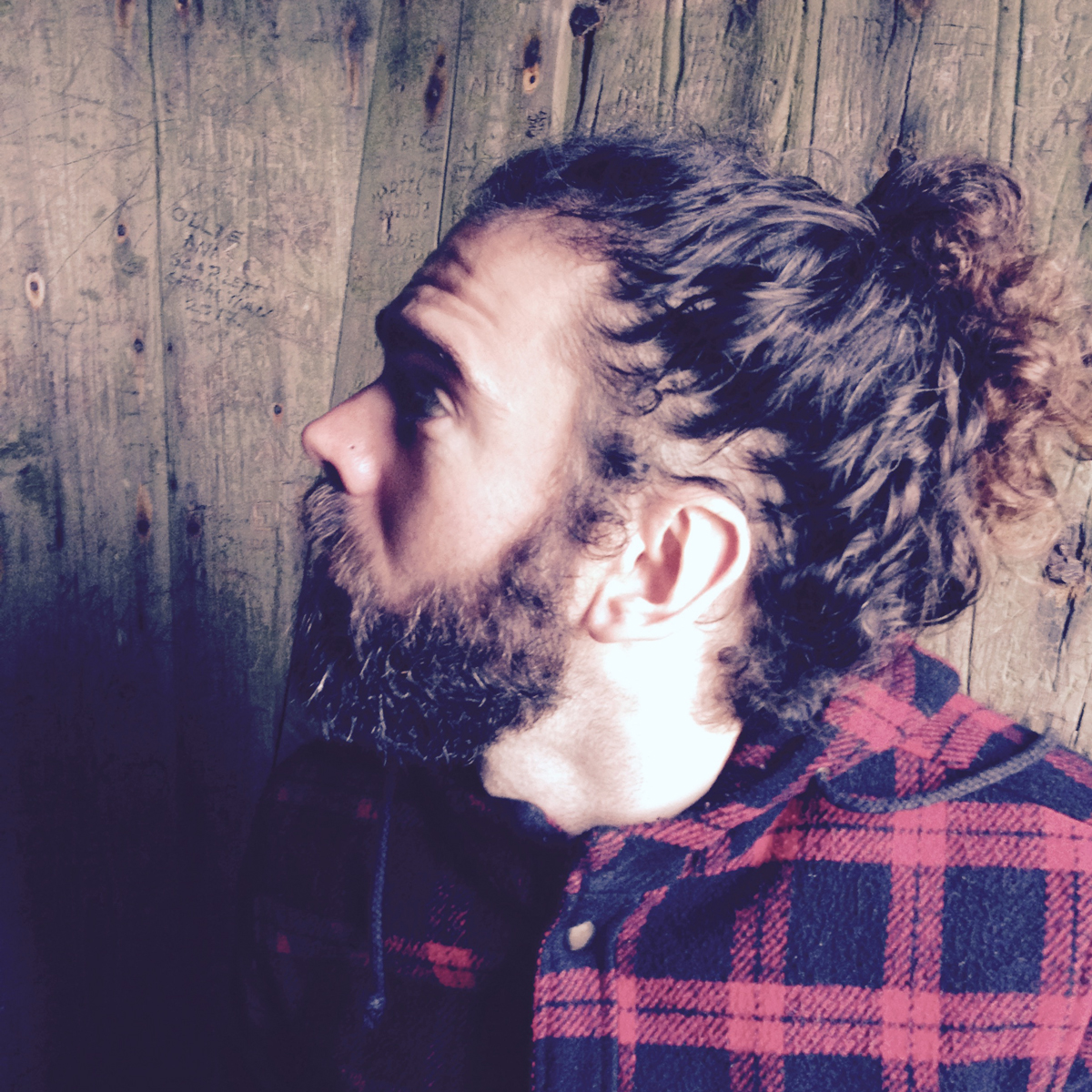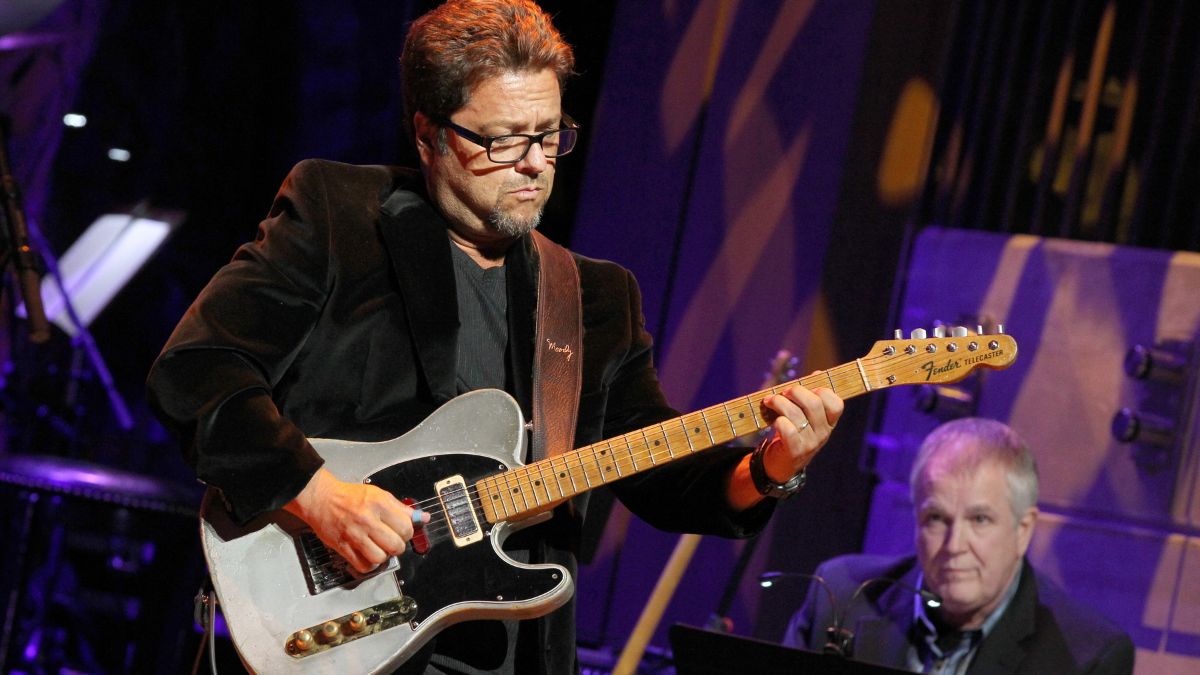“My friend told me if I go to a folk club I have to know how to play Angi. When I played it, they said they haven’t heard it in 10 years!” How seven years of busking and Nick Drake’s influence were the making of England's new folk guitar hero Chris Brain
For fans of Nick Drake, John Martyn, Bert Jansch and Anne Briggs, Chris Brain's bucolic folk sound is driven by his technically formidable but delicate fingerstyle approach – and some of it was recorded in his shed

Chris Brain is a folk singer from Leeds, whose latest album, New Light, and engaging live shows have been causing ripples throughout folk circles and beyond.
Chris’s songs have a pastoral warmth to them that his understated yet precise fingerpicking accentuates.
“Angi [by Davey Graham] was the first major fingerstyle song that I learned,” he tells us. “My friend told me that if I go to a folk club I have to know how to play Angi. When I played it at a club, they said they haven’t heard it in 10 years!”
Style For Days
Chris is a technically accomplished guitar player with a fairly unassuming approach that belies the depth found in his range of styles.
“[After Angi] I learned Fire and Rain by James Taylor,” he continues. “He has this really open and non-structured fingerstyle that I love. And then I learned songs like Don’t Think Twice, It’s All Right by Bob Dylan, which is Travis picking. That felt like a culmination of a lot of things coming together, and I like the freedom of playing in all different styles with my right hand.
“It just started seeping in as I learned John Martyn, Nick Drake and Joni Mitchell songs, but I would say that Nick Drake is the main influence on my guitar playing.”
Walking the Talk
As with many players who learn through listening, Chris felt his own style emerge over time.
All the latest guitar news, interviews, lessons, reviews, deals and more, direct to your inbox!
“It took me a long time to realise that simplicity is key,” he admits. “Because you can do so much and the limits are endless, sometimes you have to rein it in. That happened with my voice, too; I used to sing in a completely different way, but when I started going to folk clubs, I realised that people sing in their accents.
“So I started singing in my accent and my talking voice. I can belt out folk tunes and get up in those registers, but I listened to people like Dylan and John Martyn and it’s their character that is within their voice. Their speaking voice and singing voice are all one thing melded together. It feels really natural and they never do too much. That really spoke to me.”
Laying the Groundwork
Chris spent his formative years practising his chops on the streets. “I busked for about seven years, playing my favourite songs,” he says.
“When Covid hit I couldn’t busk any more, so I recorded the songs; people listened and I got reviews and then it just shot off. I got on the [BBC Radio 2] Folk Show and played a gig where 40 people turned up. It was pretty crazy, but those years busking – I did it full-time – made me feel really comfortable and it just happened over a long period of time.”
Keeping the Songs
As much as Chris has come a long way since his days busking and now has three albums to his name, he is still careful to ensure that his sound is not too embellished.
“I always say when I’m recording that my voice and the guitar are the focal point,” he says. “We’ll add things, but nothing will take away from the melody. It’s all written in this room on the guitar and I put words to it…
“But sometimes,” he says with a grin, “you add some strings and think that sounds pretty naughty, maybe I’ll put a few more on there… A couple of songs [on New Light] have been built up a bit more, for radio and new ears, but my favourite tracks are the ones that are stripped back. I recorded some of this album in my shed at the allotment, so it’s natural-sounding and I really wanted it to feel like that.”
12 Frets & The Truth: Chris has found his toolkit in two Sigma models
Perhaps unsurprisingly, Chris’s choice of guitars is quite modest, with him favouring sturdy but humble Sigma 12-fret models.
“I think I was drawn to [12-frets-to-the-body guitars] after seeing Bob Dylan playing one,” he says.
“My 000[R-28VS] is very warm sounding, but the 00[R-28VS] feels very accurate. I’ve taken the 000 around the world and it’s pretty beaten up. I think a guitar that’s played in is better-sounding. It needs to be a workhorse and like a tool, really.”
- New Light is out now via Big Sun Records.
- This article first appeared in Guitarist. Subscribe and save.
Glenn Kimpton is a freelance writer based in the west of England. His interest in English folk music came through players like Chris Wood and Martin Carthy, who also steered him towards alternate guitar tunings. From there, the solo acoustic instrumental genre, sometimes called American Primitive, became more important, with guitarists like Jack Rose, Glenn Jones and Robbie Basho eventually giving way to more contemporary players like William Tyler and Nick Jonah Davis. Most recently, Glenn has focused on a more improvised and experimental side to solo acoustic playing, both through his writing and his own music, with players like Bill Orcutt and Tashi Dorji being particularly significant.
You must confirm your public display name before commenting
Please logout and then login again, you will then be prompted to enter your display name.

